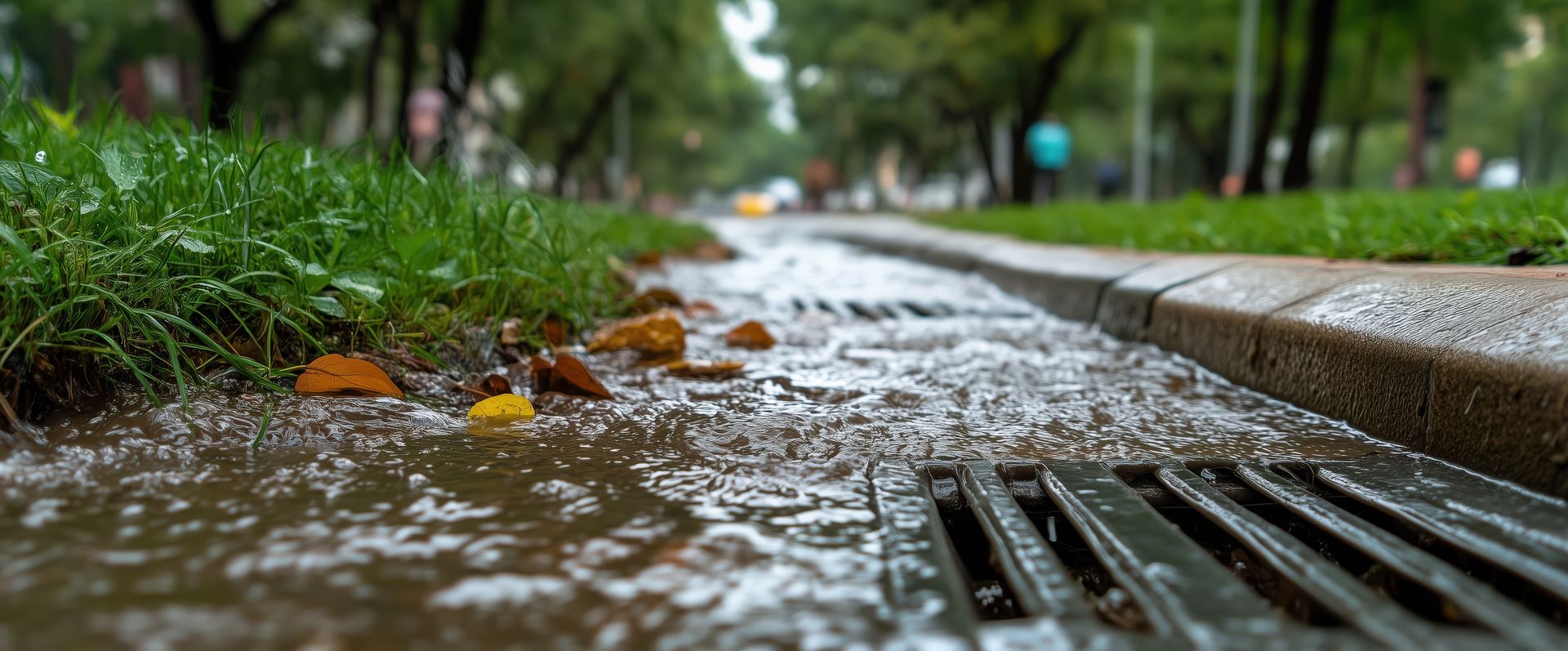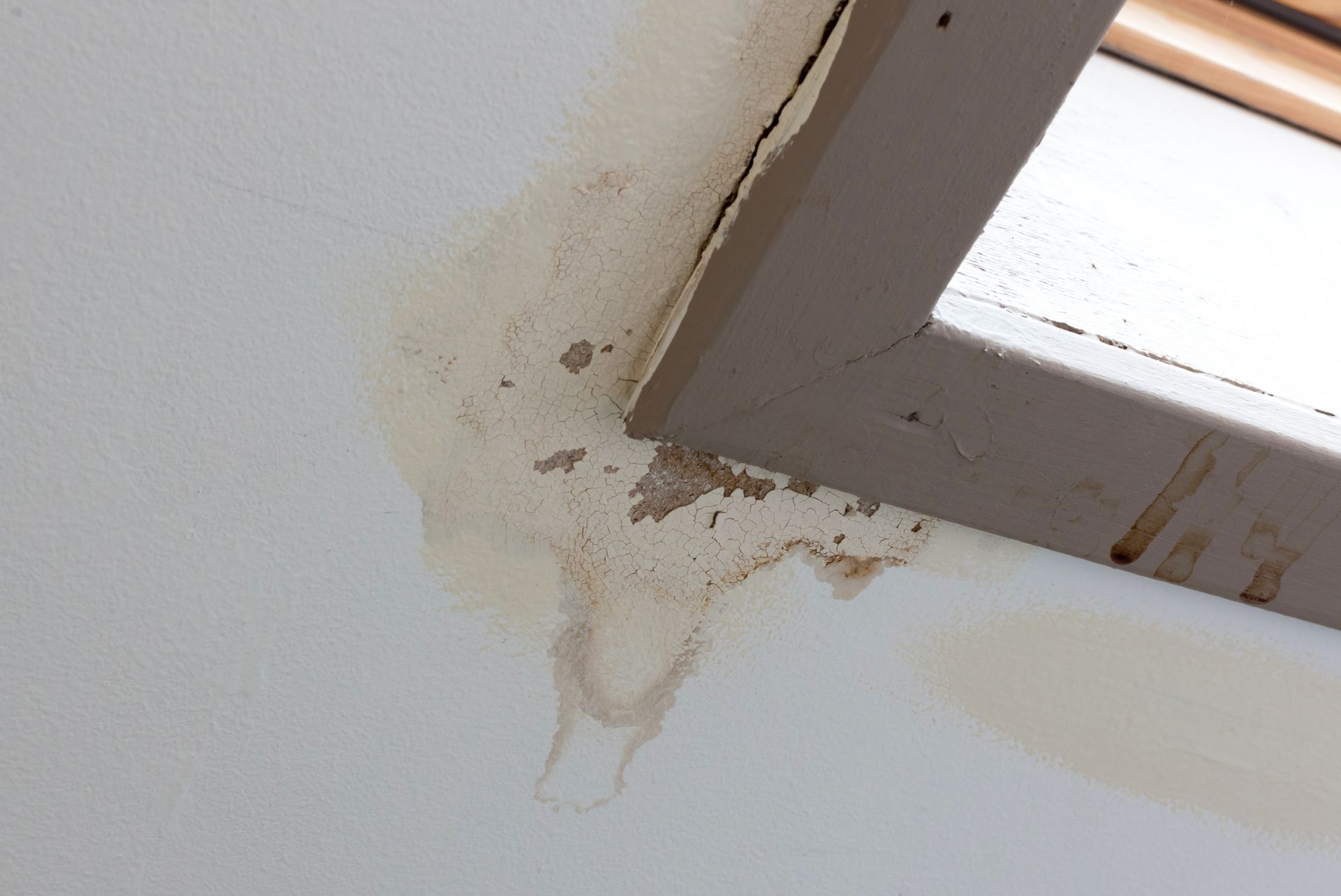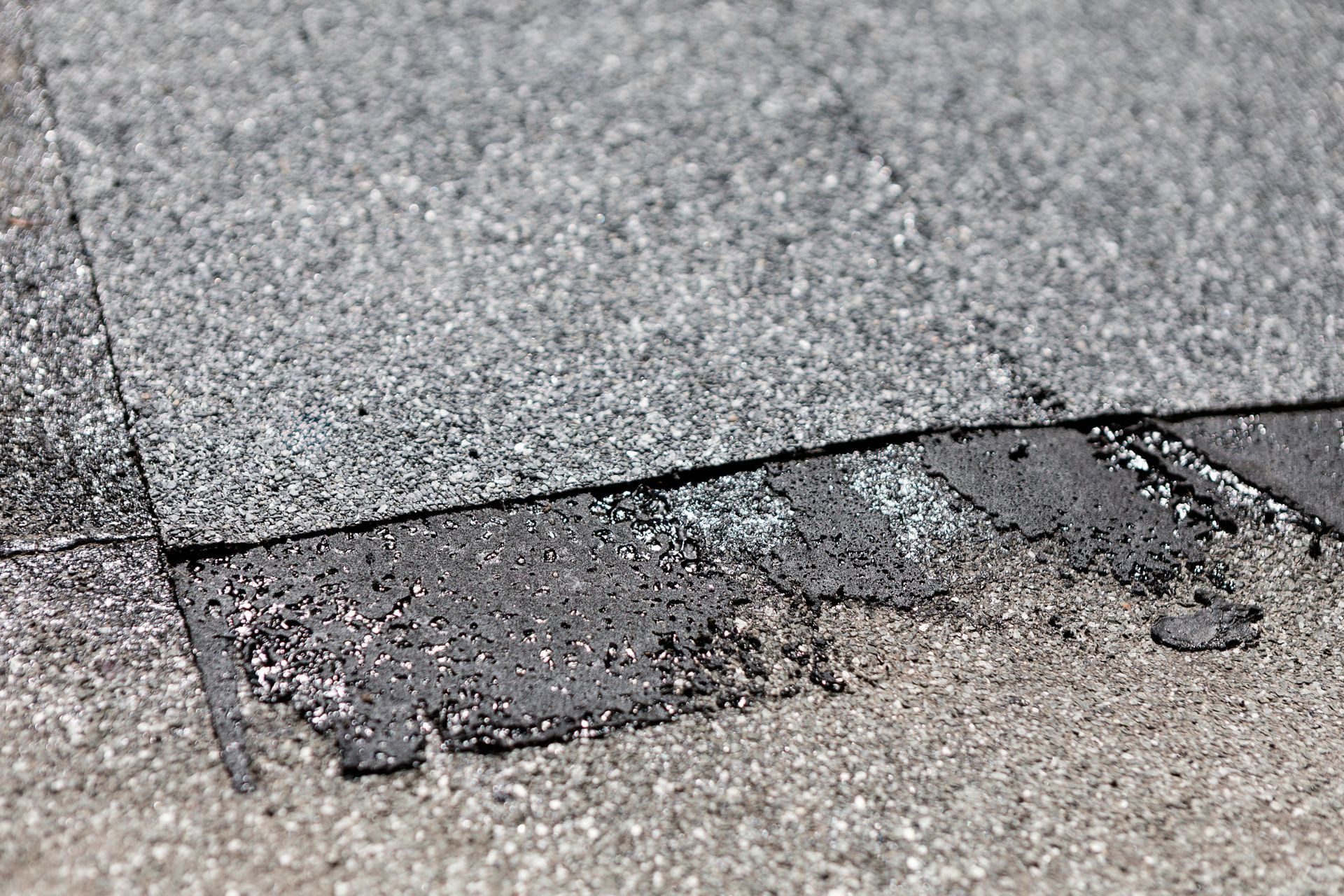Seattle’s Stormwater Runoff Rules: How Asphalt, Metal and Cedar Roofs Affect Compliance

Seattle's wet climate has led to the city adopting strict stormwater regulations to manage runoff and reduce water pollution. These rules primarily impact new construction and major renovations, but runoff management is an important thing for every homeowner to keep in mind when designing drainage or thinking about roof replacement.
While residential roofs are not always the primary focus of these codes, the design and materials of your roof can influence how water flows off your home and whether additional mitigation measures are needed.
Seattle’s Stormwater Regulations: What Homeowners Should Know
Seattle enforces stormwater management codes that aim to reduce runoff and protect local waterways from pollution. A key aspect of stormwater management is controlling how water flows off a roof and ensuring it does not overwhelm storm drains or contribute to erosion.
Certain roofing materials shed water at different rates, affecting runoff volume and speed. If runoff is excessive, homeowners may need to implement mitigation strategies, such as enhanced gutter systems, splash blocks or rain gardens, to slow and redirect stormwater effectively.
How Roofing Materials Affect Stormwater Runoff
Asphalt Shingles
- Asphalt shingles have a smooth surface that allows water to run off quickly, leading to higher runoff volume during heavy rains.
- The rapid water shedding can contribute to increased strain on gutters and downspouts, making proper drainage planning essential.
- If a home is undergoing major renovations, Seattle regulations may require homeowners to implement stormwater management techniques to reduce runoff impacts.
Standing Seam Metal Roofs
- Metal roofs are among the most water-shedding materials, causing rainwater to flow off extremely quickly.
- The fast runoff rate can overwhelm standard gutter systems, increasing the need for larger gutters and well-planned drainage solutions to prevent pooling or erosion.
- Properly directing downspouts to a permeable area or using rain barrels can help homeowners mitigate excess runoff.
Cedar Shake Roofs
- Unlike asphalt or metal, cedar shakes absorb some moisture, slightly slowing down the runoff process.
- As cedar shakes age, they may shed small wood particles and splinters, which—along with typical organic debris like leaves—can contribute to clogged gutters over time.
- Homeowners with cedar roofs should prioritize regular gutter cleaning to prevent blockages that could lead to water damage or stormwater violations.
Gutters, Downspouts and Drainage Considerations
Regardless of roofing material, a well-maintained gutter and drainage system is essential for managing stormwater runoff for homes in the Puget Sound region. Homeowners should consider the following:
- Gutters and Downspouts: Seattle’s frequent rainfall makes high-capacity gutters and properly placed downspouts crucial to preventing overflow and erosion.
- Rain Barrels and Splash Blocks: The city encourages rainwater collection to reduce runoff impact. Using rain barrels or directing downspouts to splash blocks can help slow water flow.
- Permeable Drainage Areas: Instead of directing runoff straight to storm drains, downspouts should lead to permeable surfaces, such as gardens or gravel beds, to allow water to absorb into the ground naturally.
Is a Permeable Roof Surface an Option?
While some green building initiatives promote permeable surfaces to reduce runoff, traditional roofing materials such as asphalt, metal and cedar shakes are not considered permeable. This means they do not absorb water and will contribute to runoff. However, homeowners looking to minimize their environmental impact can take additional steps, such as:
- Installing rain gardens to naturally filter and absorb runoff.
- Using permeable driveways or walkways to improve overall water absorption on their property.
- Implementing dry wells or retention basins to collect and slowly disperse excess water.
Does Seattle Require Roof-Specific Stormwater Solutions?
While Seattle does not explicitly mandate different roofing materials to control stormwater, runoff mitigation may be required, particularly for new construction or major renovations. Practical steps homeowners can take include:
- Downspouts should not discharge directly onto impervious surfaces, such as sidewalks or driveways.
- Directing runoff to landscaped areas or rain gardens instead of storm drains.
- Upgrading gutter systems to handle heavy rain events and prevent overflow.
By proactively managing runoff, homeowners can protect their property while staying compliant with Seattle’s stormwater guidelines.
Manage Your Stormwater Runoff in Seattle
The roofing material you choose affects how stormwater runs off your home, but proper drainage planning is the key to compliance with Seattle’s stormwater regulations. Whether you have asphalt shingles, metal roofing or cedar shakes, your gutters, downspouts and drainage solutions should be well-designed to help manage runoff effectively.
Contact us today for a consultation or give us a call at (877) 611-1514 to make sure your home is protected and compliant with local regulations.



